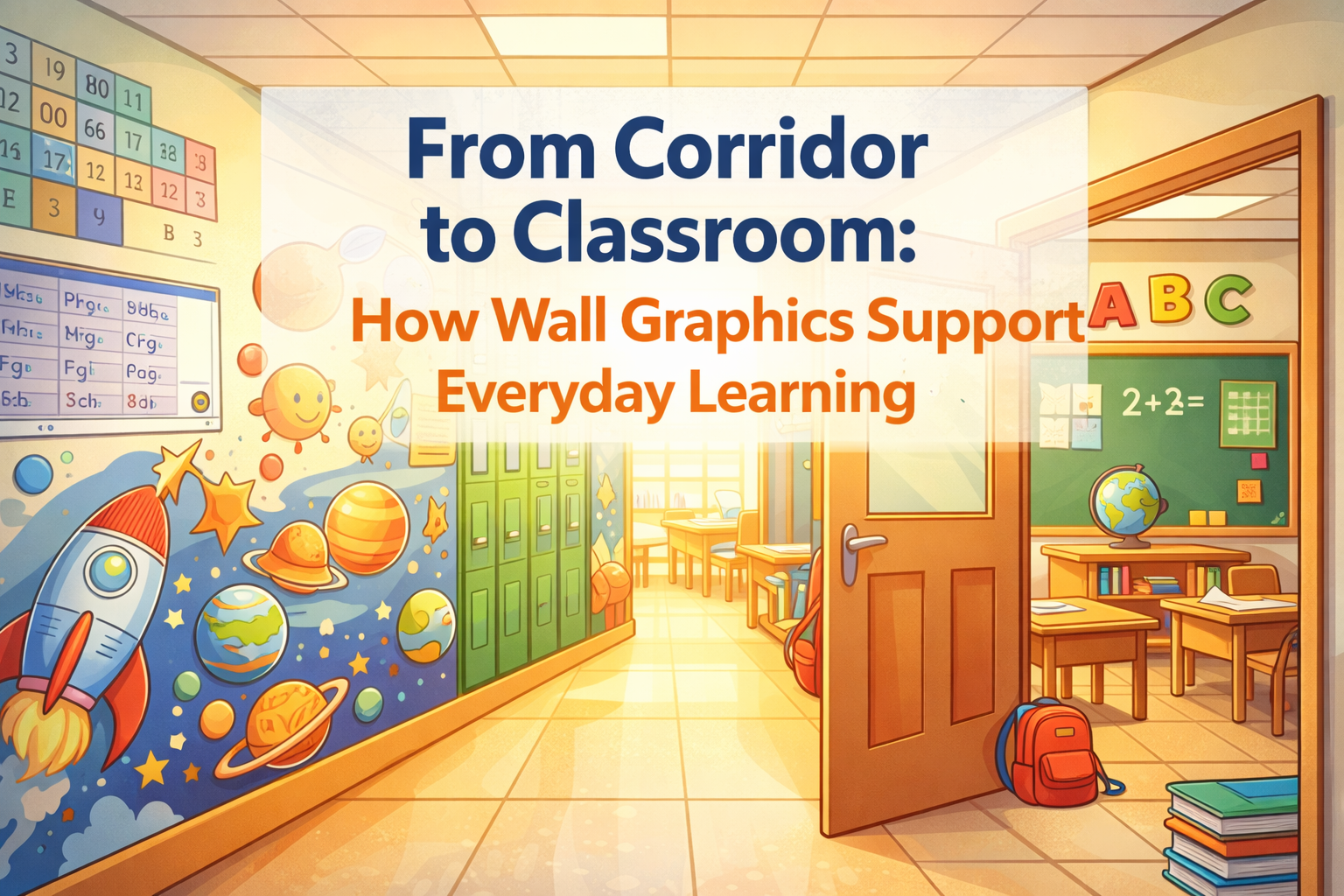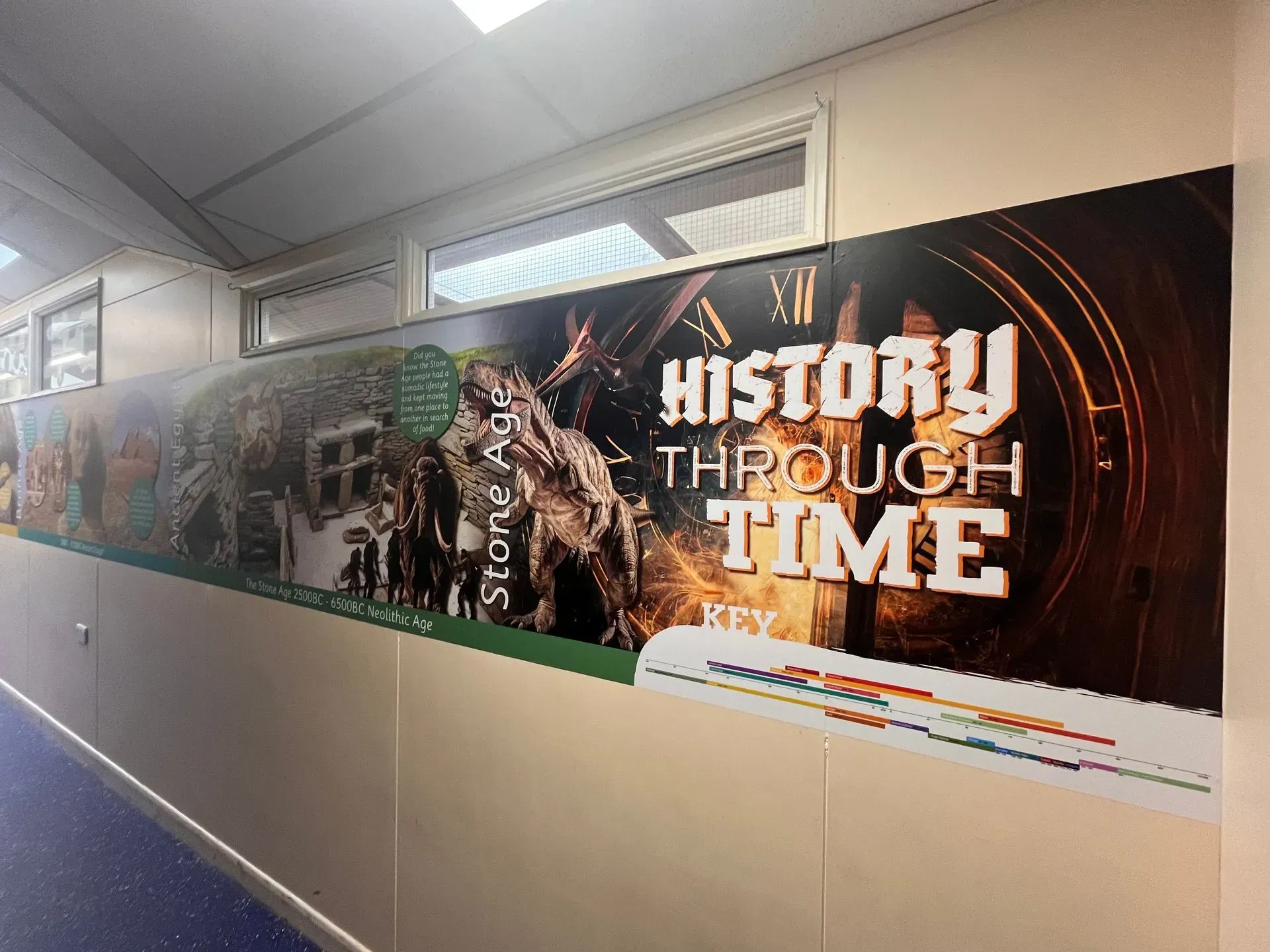Cultivating Mathematical Conversations: Strategies Inspired by Craig Barton
Introduction:
Mathematics, often viewed as a solitary pursuit, can significantly benefit from collaborative discussion. Craig Barton, an influential educator, advocates for fostering a classroom environment where students feel comfortable discussing mathematical ideas. This blog post explores how teachers can encourage mathematical discussion, transforming their classrooms into vibrant communities of mathematical inquiry.
The Importance of Mathematical Discussion:
Engaging students in mathematical discussions deepens their understanding and helps them develop critical thinking skills. It allows them to articulate their reasoning, listen to different perspectives, and refine their ideas through dialogue.
Strategies to Encourage Mathematical Discussion:
- Create a Safe and Supportive Environment:
Establish a classroom culture where students feel valued and safe expressing their ideas without fear of judgment or ridicule.
- Start with Open-Ended Questions:
Pose questions that have multiple approaches or solutions. This encourages students to think creatively and share diverse perspectives.
- Encourage Active Listening:
Teach students to listen actively to their peers, showing respect for different viewpoints and building on each other's ideas.
- Model Mathematical Dialogue:
Demonstrate how to discuss mathematical concepts. Use think-aloud strategies to verbalise your thought process, showing students how to articulate their reasoning.
- Use Collaborative Activities:
Incorporate group work and pair discussions in your lessons. Activities like problem-solving tasks or investigation projects can naturally lead to mathematical talks.
- Value Process Over Answers:
Emphasise the importance of the problem-solving process rather than just the final answer. Please encourage students to explain their methods and reasoning.
- Incorporate Real-World Scenarios:
Use real-life problems that require mathematical thinking. This makes discussions more engaging and relevant to students.
- Facilitate, Don’t Dominate:
Act as a facilitator rather than a lecturer. Guide discussions with probing questions but allow students to lead the conversation.
- Reflect on Discussions:
After a discussion, take time to reflect on what was learned. This helps students consolidate their understanding and appreciate the value of their discussions.
- Encourage Questioning and Curiosity:
Foster a sense of curiosity. Encourage students to ask questions and explore 'what if' scenarios in mathematical contexts.
Conclusion:
Encouraging mathematical discussion in the classroom is a powerful approach to deepen understanding and engagement. By adopting Craig Barton's strategies, teachers can create an environment where students can confidently explore and discuss mathematical ideas. Embrace these methods to nurture a community of learners who are skilled in mathematics and articulate, thoughtful, and collaborative thinkers.
















